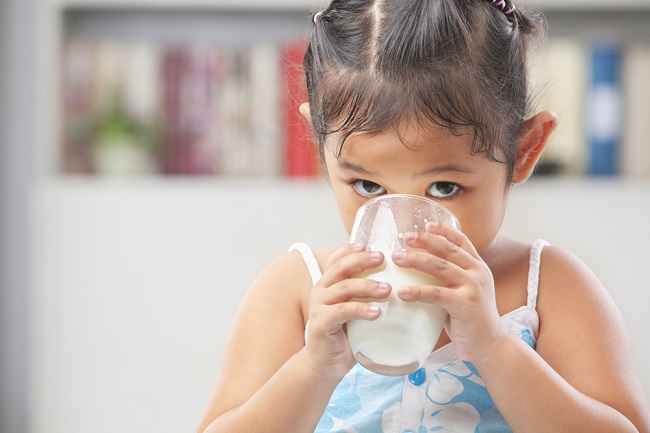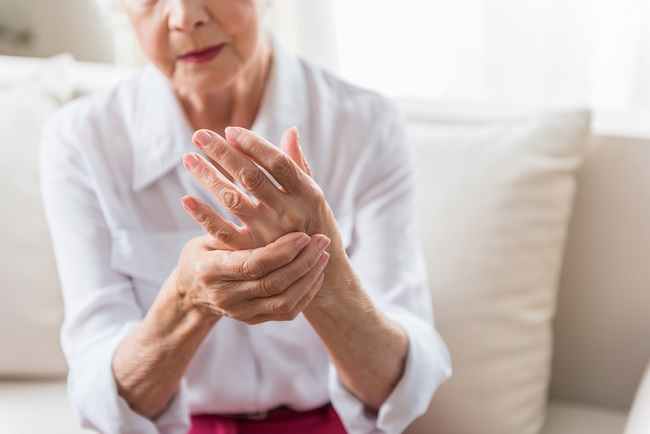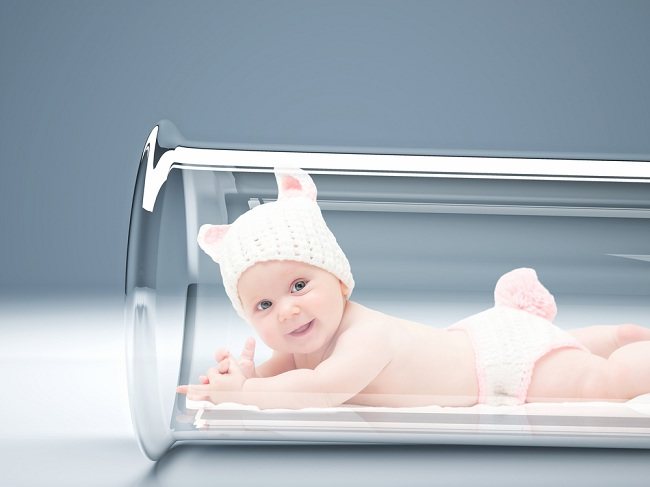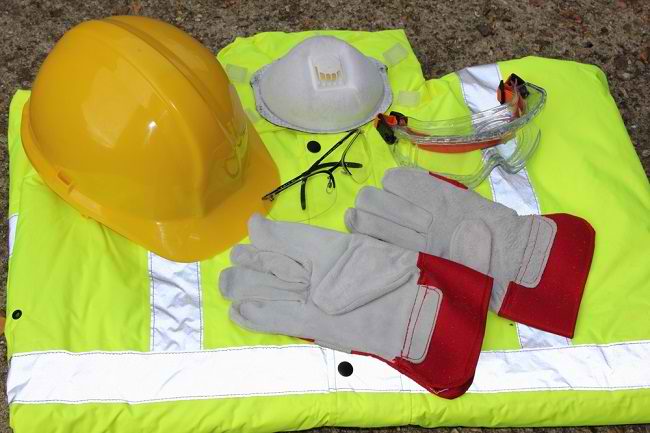To deal with colds in children, you can actually do simple treatments at home. It's just that, there are some conditions that make a cold in your little one require special treatment from a doctor.
Colds in children are more common. Even in one year, a child can have colds up to 8-10 times. This happens because the immune system is not really mature.

When your little one catches a cold, he can experience a number of conditions, such as sneezing, nasal congestion, and low-grade fever. This condition generally improves in 5-7 days.
However, if cold symptoms persist for more than 10 days, you should check your little one to the doctor. In addition, there are also several other conditions that make it necessary to be taken to the doctor.
Cold Symptoms in Children That Require Doctor's Attention
In addition to a cold that lasts a long time, parents are also recommended to check your little one to the doctor if a cold in children is accompanied by the following symptoms:
1. High fever
A high fever during a cold can indicate a child has an infection. Mothers are advised to take your little one to the doctor if he experiences:
- Fever with a temperature of more than 38°C for more than 2 days.
- Fever reaches 40°C or more.
- Fever does not go down, even after the administration of drugs, such as paracetamol.
- Fever accompanied by chills (body feels hot but shivers with cold).
Even though the fever is not high and does not have the above characteristics, your little one still needs to be taken to the doctor if he is under 2 years old.
2. Hard to breathe
When a cold, your little one may have a little difficulty breathing because of the amount of mucus in the nose. However, be aware if the child looks short of breath, breathes with a wheezing sound, or looks like pain in the chest when breathing.
If a cold in a child is accompanied by these signs, the child should immediately be checked by a doctor, because it could be a sign of another disease, such as asthma or pneumonia.
3. Looks very weak and lethargic
It's only natural that sick children become more lazy to play. But if your little one looks tired, weak, lethargic, and continues to be sleepy, you need to be alert.
If your little one experiences these symptoms during a cold, it's best if you check with a doctor, because he may need special treatment. Especially if the symptoms of weakness are also accompanied by signs of dehydration, such as dry mouth and infrequent urination.
4. Don't want to eat or drink
Your little one's appetite may decrease during a cold, but he needs to keep eating so his body can fight off the causes of the disease and recover quickly. If he continues to refuse to eat and drink, even vomits every food and drink that comes in, Mother needs to take him to the doctor.
Apart from the above symptoms, you also need to be alert if your little one seems very restless and fussier than usual. Try to check if he feels pain in certain body parts. There is a possibility that your child may feel pain in his head or ears due to complications from a cold, and this condition requires treatment from a doctor.
Handling Colds in Children by Doctors
The first thing the doctor will do when the little one is brought for treatment with a cold complaint is to ask the child's history of symptoms and health, as well as any treatment that has been given at home. Then the doctor will confirm the condition of the child through a physical examination. Additional tests, such as X-rays or allergy tests, may also be performed if deemed necessary.
Next, the pediatrician will provide treatment for colds in the form of oral medication or nasal spray, which serves to relieve cold symptoms and relieve your little one's breathing. During treatment, you can perform treatments at home to speed up the healing process.
You need to make sure your little one gets enough rest, give him more to drink, and bathe him in lukewarm water. To make your little one feel more comfortable so they can rest and sleep soundly, you can apply a special child balm to his body.
Choose balsam products made from natural ingredients, such as chamomile and eucalyptus. Both of these ingredients can provide a calming effect, while helping him breathe easier.
Mothers are encouraged to continue to accompany the Little One, while monitoring the development of his condition. If your child's cold symptoms don't improve, or even get worse, don't hesitate to take him back to the doctor.









